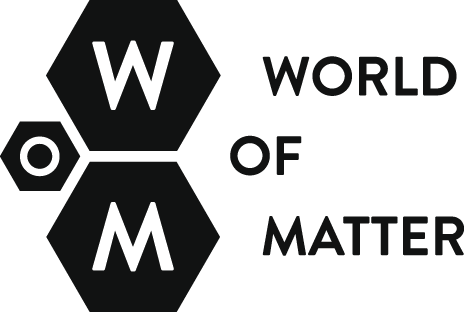The film Episode of the Sea (35mm, 61 min., 2014) is the result of a two-year collaboration with the fishing community of Urk, a former island in the Netherlands. In the previous century, the Dutch closed off and drained their inland sea to reclaim new farmland. The island of Urk, situated in the middle of the sea, suddenly found itself embraced by land. Its inhabitants were expected to switch from fishing to farming, but the fishermen managed to continue their trade. They found new fishing grounds, far out in the North Sea. Despite being part of the mainland for decades, the fishing village still is reputably insular and its inhabitants speak in their own tongue. With a residency and numerous visits we gradually gained the Urker’s trust.
Introduction Episode of the Sea
Artist/Author: Lonnie van Brummelen / Siebren de Haan
Instead of being autonomous, a disposition that is still frequently attributed to artists, we developed an artistic approach to explore territories that are hidden or secluded from within. While working in situ, we immerse ourselves in the field, and observe, reflect and interact simultaneously. We have coined the messy procedure drifting studio practice, a term derived from the closing chapter of the film essay Monument of Sugar – how to use artistic means to elude trade barriers (16mm, 67 min., 2007), in which we speculate on having a studio on board a sugar ship.
Between 2011 and 2013, we documented the sites and work of fishing, joined the fishermen to sea, and recorded a dozen of staged scenes performed by the inhabitants themselves in their local dialect. We also kept a logbook of our encounters and experiences in situ. Episode of the Sea brings these diverse materials together.
The film documents the material world of contemporary North Sea fishery and the fishermen’s struggle with a changed public perception, fluctuating regulation, and excessive global competition. The film’s framing, editing and black-and-white imagery evoke neo-realist drama and early documentary styles. Also the fishermen’s ancestors infiltrate the present, as they recall how they’ve learned the trade from their fathers, who in turn, learned it from their fathers. The fishermen continue to do what they have always done: sink their nets in the abyss of the sea, and gut the endless flow of struggling fish gasping for water, with a flick of a knife. Nonetheless, it gradually becomes clear that it is all about to vanish.
Should fishery, like analogue cinema, be written off as litter of progress? Or do practices that no longer comply with the requirements of a new time demand our care, in name of the history we share and the contribution they delivered? For the fishermen, hauling is followed by mending.
On the World of Matter web platform we share some of our research materials as
well as sequences from the film.


